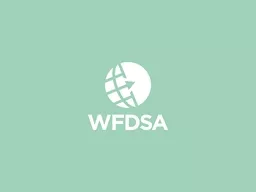PPT-Taking Ethics Personally
Author : tatiana-dople | Published Date : 2018-09-24
Kelley Monterusso January 2016 Ethics A system of moral principles the ethics of a culture The rules of conduct recognized in respect to a particular class of
Presentation Embed Code
Download Presentation
Download Presentation The PPT/PDF document "Taking Ethics Personally" is the property of its rightful owner. Permission is granted to download and print the materials on this website for personal, non-commercial use only, and to display it on your personal computer provided you do not modify the materials and that you retain all copyright notices contained in the materials. By downloading content from our website, you accept the terms of this agreement.
Taking Ethics Personally: Transcript
Download Rules Of Document
"Taking Ethics Personally"The content belongs to its owner. You may download and print it for personal use, without modification, and keep all copyright notices. By downloading, you agree to these terms.
Related Documents














